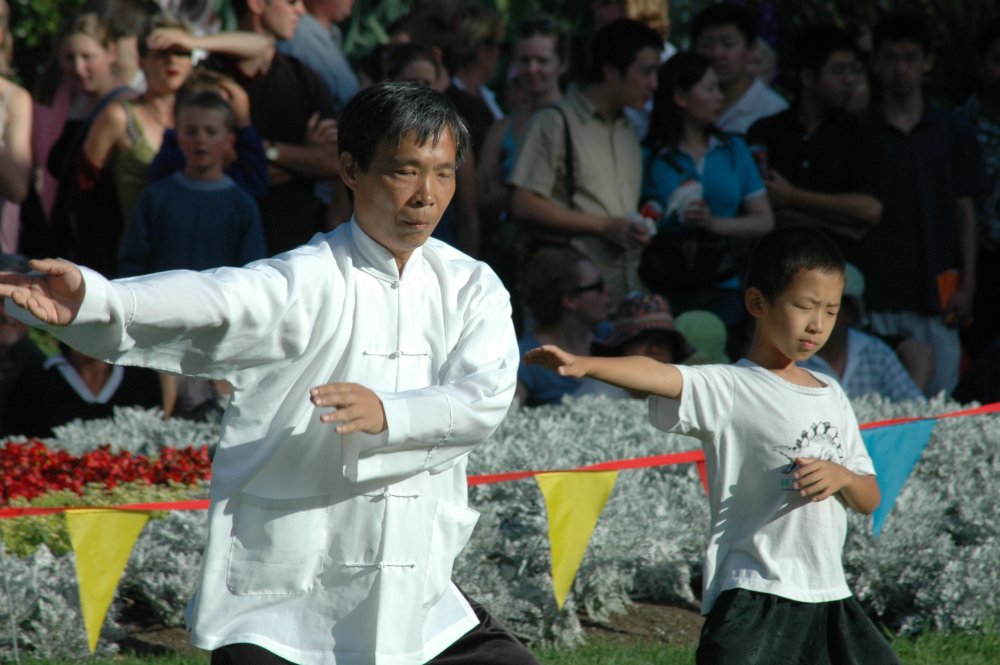China has a new take on an issue that has already been of great concern in European countries, and that is becoming a plague in many others: youth unemployment.
But in this case, in China, there is an added detail that begs for social commentary. Senior citizens are hiring their own children as caregivers. What human beings used to do for their parents out of love, or at least out of a sense of obligation, is now being converted into cold hard cash.
Six months ago, Jia Zhang surrendered to the reality that she was losing her small business in the eastern Chinese province of Zhejiang to the economic ravages of Covid. “After thorough consideration, I’m out,” said Zhang, a mother of two who was already struggling to balance work with caring for her parents and children.
Now the same life continues for her, but she is being paid to care for her parents. They have hired her as fulltime caregiver. They pay her 8,000 yuan ($1,115) a month, which is about the average salary in China.
“My job is to spend time with my parents” she says, “taking them to grocery stores — and do some household chores”. She adds that, “if they want to go out, I would make plans in advance, taking them to various stores.”
In recent months, the hashtags #FullTimeDaughter and #FullTimeSon have been trending on Chinese social media platforms, attracting millions of views.
Youth unemployment has become a serious challenge for China, the world’s second-largest economy, especially after three years of “zero-Covid” restrictions that seriously stymied its growth. The jobless rate among people ages 16 to 24 was a record 21.3% in June, the National Bureau of Statistics reported on Monday.
Similar figures have been reported in countries such as Italy and Sweden, while in Spain and Greece they are even higher. As a comparison, in the U.S., the youth unemployment rate was 7.5% in June, according to the Federal Reserve.
Many full-time children, including Zhang, have posted about their experiences online. More than 4,000 have gathered on Douban, an IMDb-like site that allows people to form communities akin to Facebook groups, to discuss being full-time children.
“I like cooking, and I cook lunch and dinner from Monday to Friday for my family,” one 37-year-old full-time daughter wrote in their group. “My parents give me money without interfering with my life. I am extremely happy every day.”
One wonders, is this just a way for parents who can afford it to support their adult children while still allowing them to “save face,” something that is a cultural cornerstone of Asian societies? But if that is the case, do the parents not lose face when it becomes obvious that the respect and care that is even more fundamental in Asian societies, must now be bought from their children?
The Confucian ethic of filial piety—that is, the obligation of adult children to support their older parents—is so ingrained in Chinese society that its waning has become a benchmark for measuring the decline of the culture as a whole.
By extension, we can ask, can caring for one’s own parents be turned into a profession? It’s the same concept that is already debated regarding children: can you call it babysitting when you’re caring for your own child?
As more people declare themselves full-time children in China, a debate has emerged about whether it is really a profession and what is behind this development.
Lu Xi, an assistant professor at the Lee Kuan Yew School of Public Policy at the National University of Singapore, told NBC News via email, “Psychologically, the term ‘full-time children’ allows room for denial and self-deprecation, which make it more acceptable to many.”
What’s more, it is indeed difficult to break with ingrained traditions and so, according to Lu, some Chinese state media organizations are trying to “rationalize” and “glorify” the emergence of full-time children to still shoehorn it into the culture as “filial piety.”
It’s one way to ease the pressure to reduce unemployment, and psychologically, to deny that Chinese culture is being irrevocably torn from its moorings as the Western influence expands.
No matter the “beautifications,” he said, “the underlying essence is still unemployment, and nothing else.”
“If my business had been very successful, I probably wouldn’t have become a full-time daughter,” Zhang said. “It is an involuntary decision, but it is an option.”
But would she still care for her aged parents? And would she do it for free?












